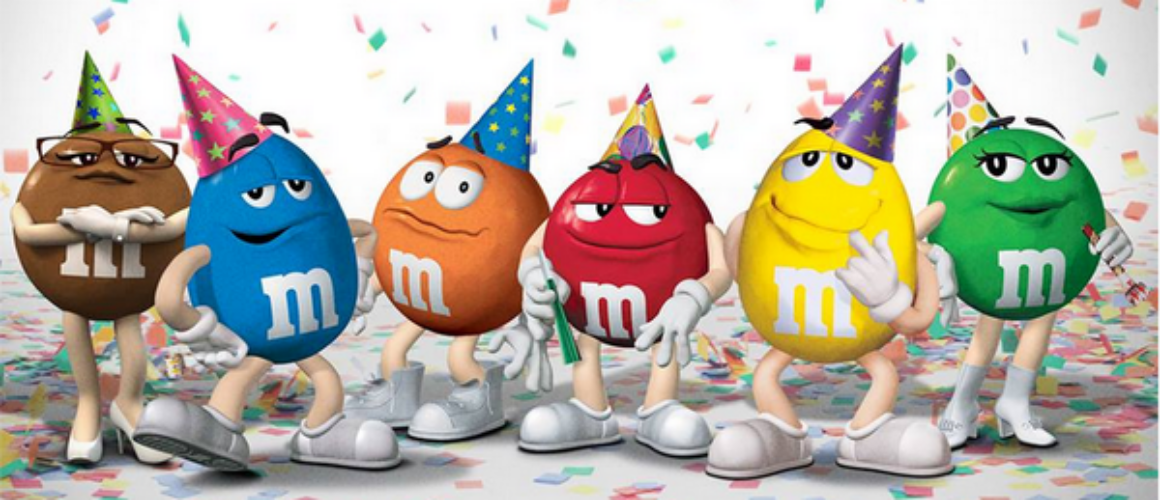Mars to Remove All Dyes from M&Ms and Other Foods
One of the biggest pet peeves of American parents is that a lot of food companies have already removed artificial dyes and colors from the products that they sell overseas. The maker of M&Ms, Mars, has always been one of them. Back in 2008, when I was writing my book, I shared this comment when Mars UK decided to remove artificial dyes from their M&Ms. The date was 2006.
“We know that artificial colours are of concern to consumers, which is why, in 2006, Mars began a programme to remove them from our products. . . in November 2007, Starburst Chews became free from all artificial colours. . . . in December 2007, Skittles were made free from all the artificial colours highlighted in a landmark study by Southampton University. . . We have already removed four colours mentioned in the Southampton study from Peanut and Choco M&M’s, and are in the process of removing the final one so they too will be free from these artificials during 2008.”—Mars UK
Mars, Inc.’s finally took action in the U.S. this week, ten years later, announcing that it will get synthetic food dyes out of its entire human food portfolio is a huge advance for parents and children and should serve as a powerful incentive for the rest of the food industry to follow suit.
The Center for Science in the Public Interest has been a leading voice on this for a decade. Their report, “Rainbow of Risks” is one that many of us have leaned on as authors, parents and advocates. They wrote, “We appreciate the fact that Mars listened to our concerns and to the concerns of its customers and that it is exercising this kind of responsible leadership.
The Food and Drug Administration should level the playing field for the whole industry by banning Yellow 5, Red 40, and other synthetic dyes used in food. There is simply too much evidence demonstrating that these artificial dyes trigger inattention, hyperactivity, and other behavioral reactions in children. The use of these neurotoxic chemicals to provide a purely cosmetic function in foods, particularly foods designed to appeal to children, must stop.
Mars’ action is not only a big victory for parents; it is also a big victory by parents. We’ve been pleased to work with moms and dads from around the country who have written to the FDA, contacted food companies, and signed petitions like the one focused on Mars that Renee Shutters started on Change.org. It shows that when consumers make their voices heard, food companies will sometimes actually listen.”
Last year, I was contacted by members of the team from Mars, and I shared my candid thoughts. If these food companies want to remain relevant in the 21st century and in this new food economy, they can no longer deny the will of their consumers who want food that is free-from all of these artificial ingredients.
It is time to #dumpthejunk. Thank you, Mars, for listening.
